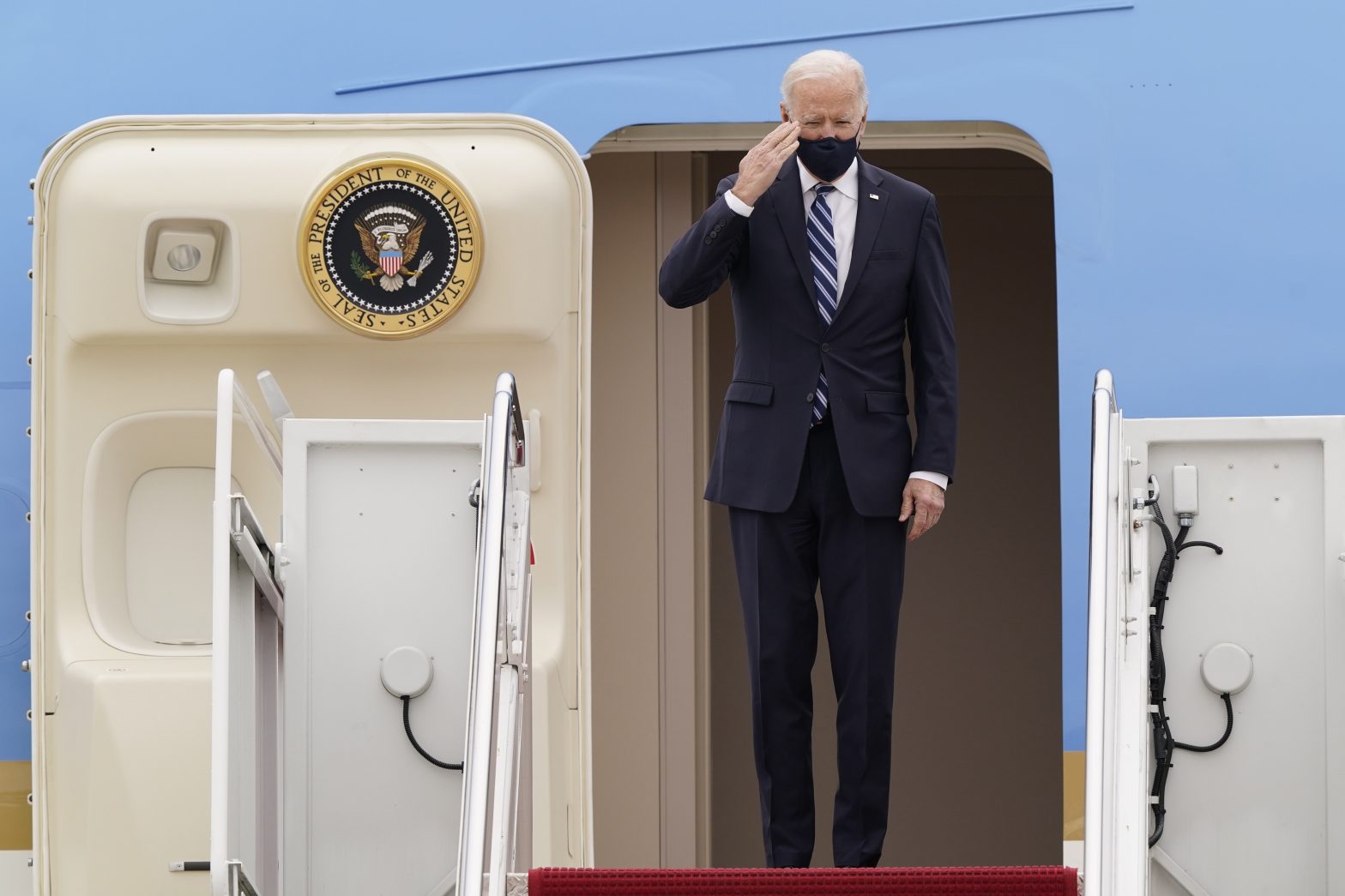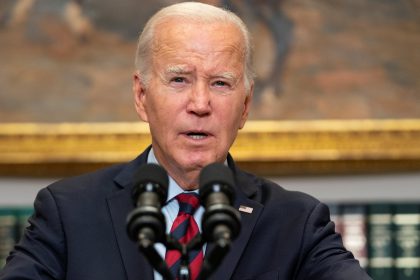Biden Administration’s Antitrust: Traditional or Transformational?

The Biden administration has talked a big game on beefing up enforcement in market competition and it will undoubtedly bring more competition cases to court, said Bill Kovacic, a former regulator at the Federal Trade Commission.
The new leadership, however, may be surprised at how difficult it is to effectively bring cases to court, starting with “[bringing] the matters that are in flight already to a successful landing,” said Kovacic, now the director of the Competition Law Center at George Washington University.
Kovacic was referring to the cases the regulatory agencies – the FTC and Justice Department’s Antitrust Division – have brought against the Big Tech platforms Facebook and Google, during today’s Information Technology & Innovation Foundation’s event entitled, “Biden’s Antitrust.”
FTC Commissioner Noah Phillips agreed the “aggressiveness” currently going on in courts will increase but warned of the negative effects this could have. Should the agencies face losses in court, it could create precedence – legal standard courts will point to later on – disfavoring the agencies in future proceedings.
The courts – which are made up of generalist judges, not antitrust experts – already have a history of skepticism against bringing these cases, they said. This is particularly so for monopolization cases – those against an acquisition that creates a monopoly – in which the arguments are primarily based on economic and monetary predictions of the effects of a given merger.
Much of this call for aggressive enforcement has come through an ongoing debate between antitrust “traditionalists” – those who believe the current framework of current laws are enough to foster competition by focusing on price, quality and innovation – and “transformationalists.”
“Transformationalists want to reposition antitrust to an egalitarian vision,” said Kovacic. They want to not only focus on the consumer, the “buyers of goods and services,” he said, but also to look at the small business owner, worker, and resident of a community that should have a say.
“All with the aim of ensuring that democracy itself thrives,” Kovacic added, noting transformationalists believe steering away from that aim “[misses] the whole point of competition law.”
Phillips, however, said this debate has become a “broader political conversation [using] the language of antitrust.” Instead of just governing over market competition, those seeking to transform competition policy want it to include things outside the scope of antitrust: data privacy, civil rights, content moderation, labor law, and the likes. This “broader” conversation is not always about a competition concern but stems from the “American distrust” of big corporations, he said.
Kovacic echoed Phillips’ skepticism on whether this aim would be fulfilled, but said this new vision is already affecting the direction competition policy is going.
“Traditionalists have been outflanked [by transformationalists] in a dramatic way,” Kovacic said.
There is no question change is underway with all the attention being placed on antitrust. For the first time, the White House has created an antitrust and competition policy position to advise the president. The Senate has taken on its second year of antitrust hearings led by Sen. Amy Klobuchar, D-Minn., who also introduced a bill with sweeping reforms to antitrust law.
Both panelists agreed on one of the provisions proposed in Klobuchar’s bill: more funding for the federal agencies.
They “could do more with more, that goes without saying,” said Phillips, noting the agency has had to pass on enforcement actions before due to this.
“If we want good results, as in so many other areas of life, we are going to have to pay for it,” Kovacic said.























